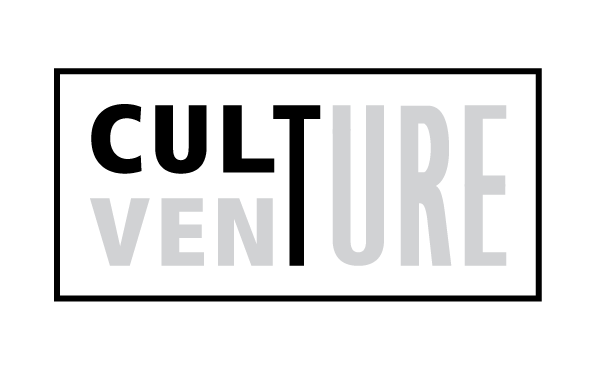Toni Attard reflects on the theme of the 9th world summit oN arts & culture ahead of his participation in Stockholm.
This week, cultural policy makers and cultural leaders from across the globe will meet in Stockholm for the 9th World Summit on Arts and Culture co-hosted by IFACCA and the Swedish Arts Council. The theme is safeguarding freedom of expression. Times have changed significantly since the last summit held in Kuala Lumpur in 2019. That summit, which I had the honour to chair its international programming advisory committee, explored the theme of mobile minds: knowledge, culture and change.
Who would have thought that conversations on transformation and agility at that summit would a few months later lead to the fastest learning curve on change and disruption for the cultural sector caused by a pandemic? As artists and creative practitioners reconsidered the viability of their work and public funders were challenged to rethink policies and programmes with tighter budgets, the public reached out more than ever to creativity and expression to survive lockdowns and isolation. People sought solace through any creative means at their disposal and did so for their own wellbeing, fulfilment, and enjoyment. From learning new languages and musical instruments to reading new works and visiting online museums, culture truly mattered. The most personal and deep connection with culture was established at the most unexpected and unwanted moment of restriction. Yet, this moment in history exposed further global inequalities with culture serving those who had privileged access to shelter, technology and time.
Beyond the recognition that access to and participation in culture and cultural life are a fundamental human right, we must acknowledge that those defining access and participation are also the enablers or gatekeepers of these rights. Who defines these spaces and how do we secure equity within this narrative? How does political influence on cultural agencies and institutions impact artists who are critical of those in power? How do we ensure that systems of cultural governance are participatory in design and led by those who are most often underrepresented? As with any other right, freedom of expression, requires care, protection and promotion. It calls for more effective and agile cultural policies that address current inequalities and have sufficient foresight to combat issues emerging from environmental, technological, social and economic changes.
As 400 delegates congregate for important debates at the exceptionally curated Summit programme, I encourage participants to acknowledge their own privilege and access to those conversations. In honour of creative voices that continue to be silenced let us mobilise our collective responsibility to work harder for a global mission where no voice is left at risk.
